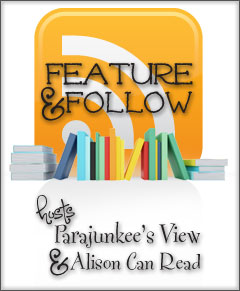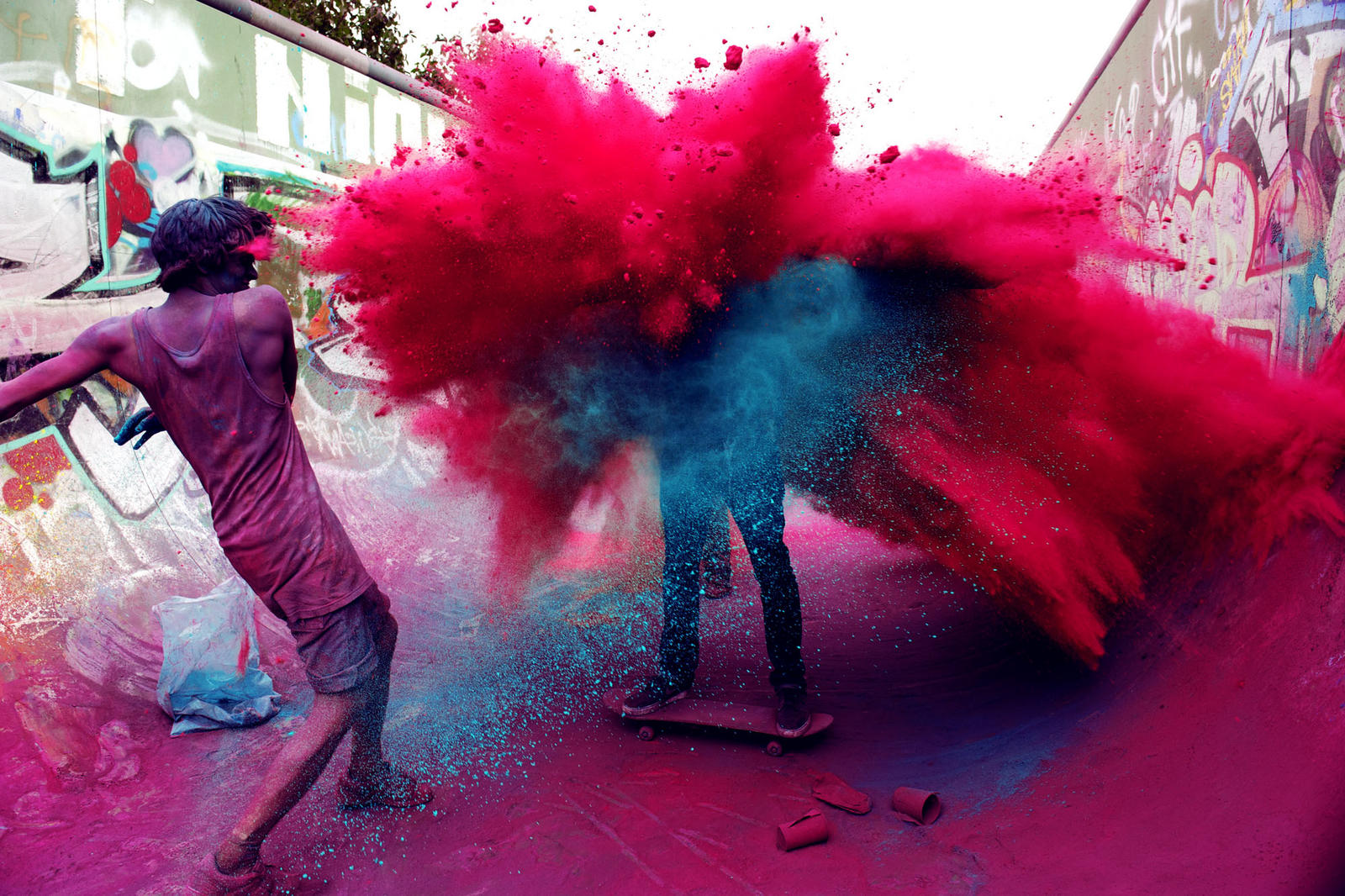 |
| See the Goodreads page here! See Shelfari page here! |
"The American Dream"
One could quite possibly play a drinking game centered around every time a politician refers to this wistful, wonderful thing that nobody really knows the definition of. I'm going to stop the war in wherever to preserve the American Dream (take a shot!). I'm going to increase tax cuts on the rich to preserve the American Dream (take a shot!). I'm going to build a moat around the White House to preserve the American Dream (take a shot!). I'm going to wax my eyebrows more frequently to preserve the American Dream (take a shot!). You catch my drift.
There's obviously something wrong here. There is also something wrong in Michael Chabon's breathtaking classic The Amazing Adventures of Kavalier & Clay: from young Czechoslovakian Joe Kavalier not facing the psychological damage wrought by his Jewish family being right in the clutch of Adolf Hitler and eventually becoming a recluse to George Deasy dreaming about becoming a Great American Novelist but stuck in the dregs of American Pulp Fiction to young homosexual Sammy Clay not following his true love, Tracy Bacon, to a permanent settlement in Los Angeles and eventually marrying Joe's ex-girlfriend...things are pretty screwed up, alright.
I define the American Dream as what people basically saw as the American way of life in the early twentieth century--a husband with a steady, well-paying day job working for the ever-antagonized "'boss", a wife whom most tasks of home-making and child-rearing fall upon (maybe juggling a job in there, too), and two children. Said two children can include boys who want to be professional baseball players from an early age but sooner or later turn into their fathers, or girls who want to be princesses from an early age but sooner or later turn into their mothers. So if it were in the hands of our deepest, most child-like desires, America would be millions of baseball-player-and-princess couples. Oh right, and there's something about freedom and equality and religion and that guy on the Quaker Oatmeal box in there too. Yeah. That's the image which has been thrown on me since a very early age, and no, I'm sure not everybody thinks that way. The way I've learned to see it, this is the age when everyone's having eternal small-talk about how their families are as different from that American Dream as possible. However, just like the Caucasian who knows that it's wrong but can't help giving a second glance to a young African American walking down his sidewalk, I think I share this personal image of the Dream with most people (including many of those having the aforementioned small-talk), that most people and I in our dirty, prejudiced heart of hearts think that this perfectly unrealistic American Dream is what our country should be composed of.
And since this image rings true within a great deal of us, we let it limit our productivity and futures. In the 1940s, when this perfect Dream was what people openly thought America should be composed of, Joe Kavalier all but closes the door on his Czechoslovakian family because he is sucked into pursuing the American Dream--he is attempting to attain a well-paying job at Empire Comics as well as pursuing a potential wife, Rosa Saks. He even tries to use the whole freedom and equality thing to attain safe passage for his younger brother, Thomas, into the United States on a charitably-funded chip named The Ark of Miriam. However, classic features of the American Dream--glaring, staggering, belief in its own righteousness and perfection--is what coerces America to enter the war (how can we let Pearl Harbor, a place where people pursued the American Dream in all its righteousness and perfection, fall without retaliation afterwards, retaliation to prove how horrible it is for one to destroy something so righteous and perfect?), and what therefore coerces German submarines to sink American ships like The Ark of Miriam.
George Deasy wants to be that Great American Novelist, but it is that pursuing of that well-paying day job working for that "boss" which causes him to toil at Empire Comics nevertheless.
Sammy Clay loves Tracy Bacon with all his heart, and Tracy Bacon loves Sammy Clay with all his heart, but Sammy does not pursue a life with Tracy because of reasons which all stem from America not accepting their relationship--one of the most central tenants of the American Dream is a marital connection between man and woman on which the "perfect" family is based. In pursuit of this Dream, Sammy marries Joe's ex-girlfriend once Joe, driven mad by the death of his brother on the Ark of Miriam, joins the army and cuts all correspondence with his family in the States.
So here's one of many things which I want to say to politicians: the American Dream is not something to wave around at the American people like a piece of chicken fried steak from the Cracker Barrel. It's not something that will help Americans--actually, it's very much like the kinds of pressures which cause self-conscious teenagers to commit suicide. And the last thing we need is an America rendered suicidal from not believing it's good enough to be America.
George Deasy wants to be that Great American Novelist, but it is that pursuing of that well-paying day job working for that "boss" which causes him to toil at Empire Comics nevertheless.
Sammy Clay loves Tracy Bacon with all his heart, and Tracy Bacon loves Sammy Clay with all his heart, but Sammy does not pursue a life with Tracy because of reasons which all stem from America not accepting their relationship--one of the most central tenants of the American Dream is a marital connection between man and woman on which the "perfect" family is based. In pursuit of this Dream, Sammy marries Joe's ex-girlfriend once Joe, driven mad by the death of his brother on the Ark of Miriam, joins the army and cuts all correspondence with his family in the States.
So here's one of many things which I want to say to politicians: the American Dream is not something to wave around at the American people like a piece of chicken fried steak from the Cracker Barrel. It's not something that will help Americans--actually, it's very much like the kinds of pressures which cause self-conscious teenagers to commit suicide. And the last thing we need is an America rendered suicidal from not believing it's good enough to be America.




















